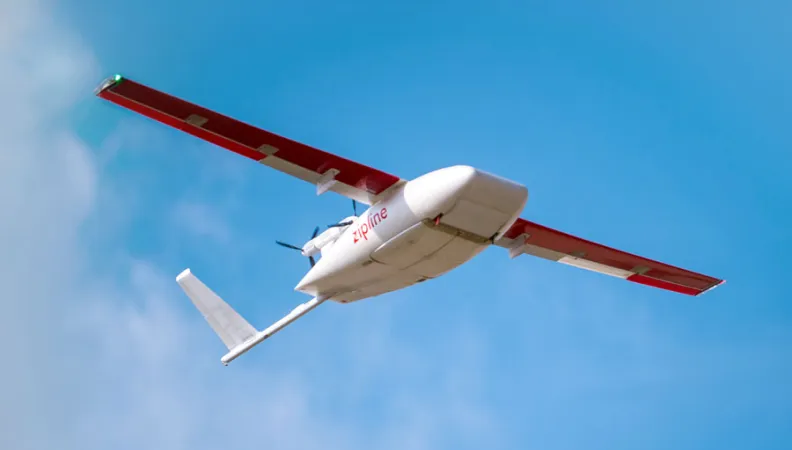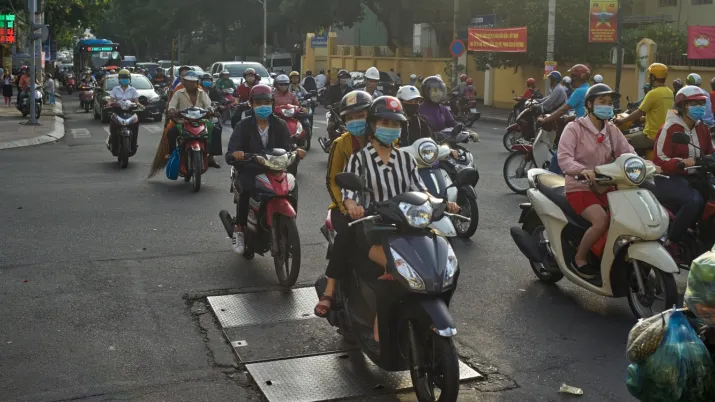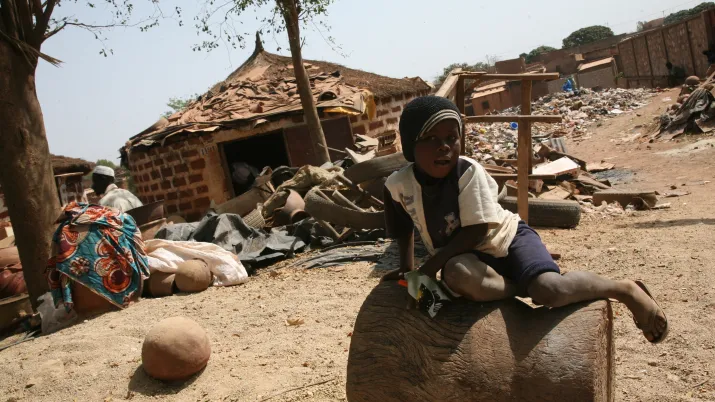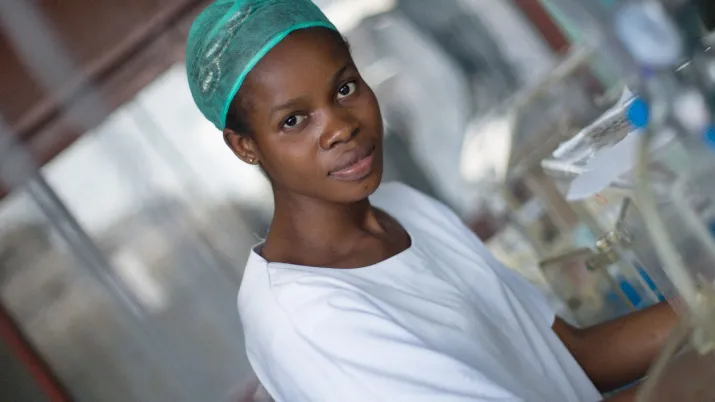Share the page
Covid-19 in Rwanda: Delivering Drugs by Drone
Published on

In our series on “Shared Innovation”, AFD highlights innovative programs created or developed in our partner countries.
Imaginative modes of transport are being harnessed to transport vital medicines, blood tests and supplies in Rwanda, in a partnership that will facilitate care for the ill and the vulnerable. Californian start-up Zipline makes the deliveries by drone – the kind of operation that was once the stuff of science-fiction. As the coronavirus spreads, the delivery system allows medical staff across the country to transport and process blood tests quickly, and thereby keep a close eye on who may be at risk.
A fast and potentially life-saving mode of transport is providing care to the chronically ill in Rwanda. Given the green light by the Rwandan government, Californian start-up Zipline is delivering medicines and supplies by drone across the country, with precious cargo falling from the sky in operations that were once the stuff of science-fiction.
And in the middle of the coronavirus pandemic where lock-downs have made travel and personal contact difficult, the collaboration could save lives.
Read other reports in our series: “Shared Innovation”
With long distances between hospitals, mountainous areas and limited overland access routes, the “land of a thousand hills”, can make access to healthcare difficult under normal circumstances. But the coronavirus, widespread lock-downs and limited travel have complicated access access even more.
How to continue to deliver care to chronically ill patients?
Since 2016, Zipline drones have been criss-crossing the country, making deliveries to some of the most remote rural areas.
However spectacular the results, the system is based on a simple principle: medical centers in hard-to-reach areas order blood, vaccines and medical supplies by text message. Located at bases near major hospitals across the country, drones will be loaded, and then fly at low altitudes to their destination. Once there, the package is released with a small parachute to ensure a soft landing.
The precious cargo is collected by medical staff, as part of a process that can take as little as half an hour. It's a far cry from standard delivery times, which can vary from a few hours to several days.
The time saved can be crucial for both medical teams and patients, and is particularly useful at a time of widespread lock-down. “It was vital to come up with a solution to deliver drugs to cancer patients, because if their treatment is interrupted, the symptoms can come back in just a few days with a potentially fatal risk of relapse,” Cyprien Shyirambere, Oncology Program Director at NGO Partners in Health, a partner of Zipline, told Le Monde.
Drone-Delivered Covid Tests
Ziplin drones are also flying the skies of Ghana. Since April 2019, some 30 Zipline aircraft have been delivering medicines and supplies to and from over 2,000 hospitals and medical centers.
The start-up’s drones also transport Covid-19 test samples across the country. People living in rural areas can send test samples to be analyzed in the capital Accra or Kumasi.
While the country currently has just over 4,000 confirmed cases of infected patients, the drones allow the Government to reduce transportation times and monitor the epidemic’s evolution in real time.
Further reading
France Launches, via AFD, The “Covid-19 – Health in Common” Initiative to Support African Countries
Published on April 9, 2020



